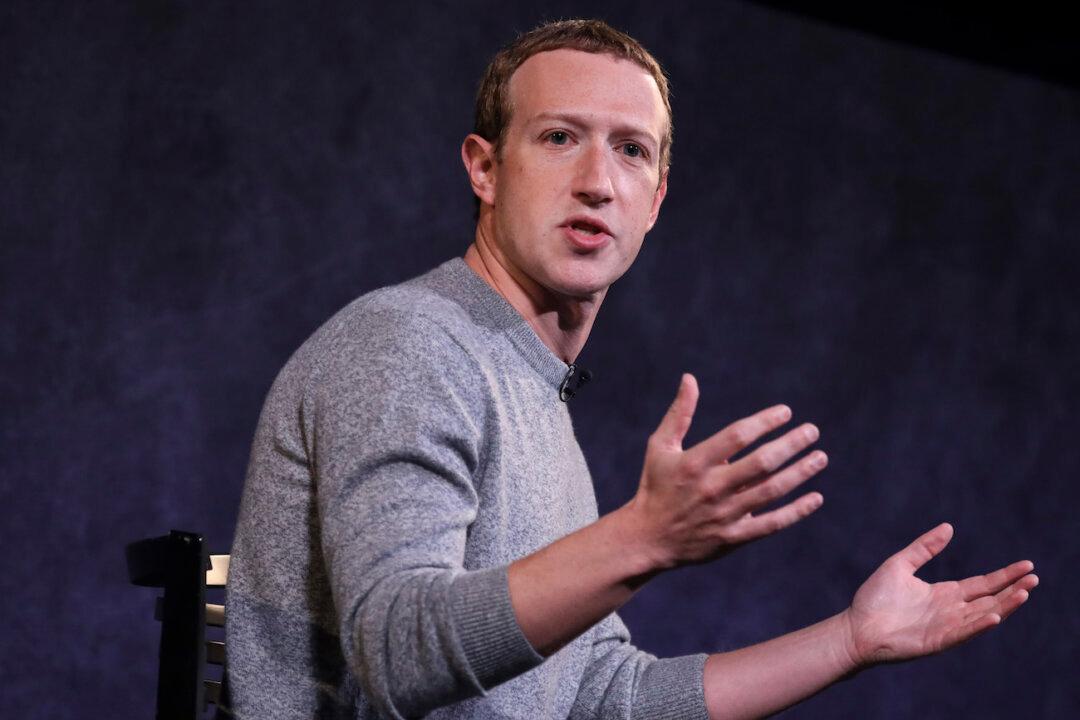The FBI has responded to a claim by Meta CEO Mark Zuckerberg that Facebook algorithmically censored references to Hunter Biden’s laptop ahead of the 2020 election after receiving a warning from the bureau about “Russian propaganda.”
Zuckerberg said on an Aug. 25 episode of “The Joe Rogan Experience” that Facebook actively reduced the reach of social media posts discussing the laptop computer in response to an advisory from the FBI to some Facebook staffers to be on guard for Russian disinformation ahead of the presidential election.





